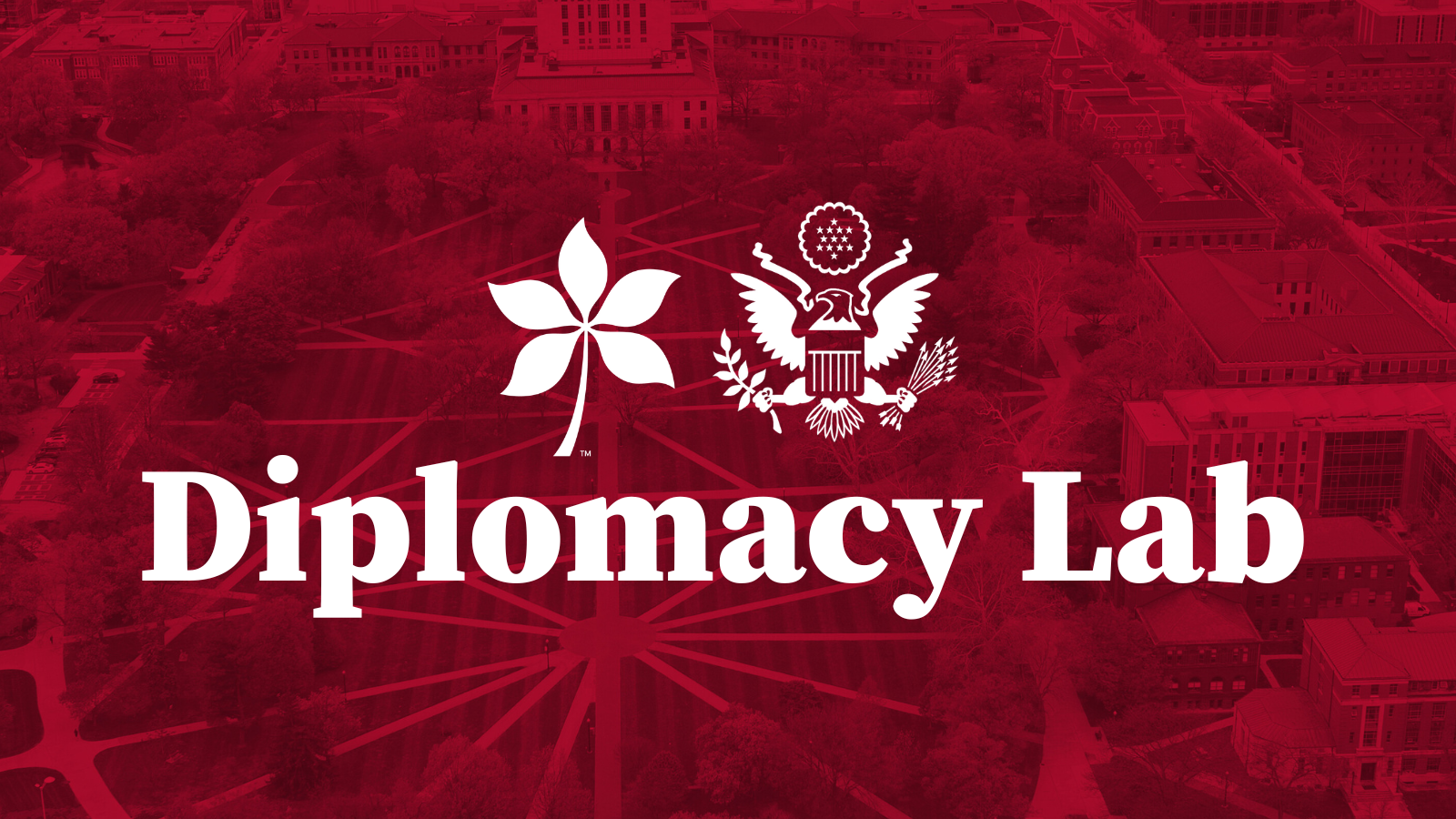Diplomacy Lab
Give your students an inside view into the US government's involvements abroad! The Round 2 Autumn 2025 Diplomacy Lab Project Menu has been released, with over 80 topics suitable for courses across levels and disciplines. This program offers real-life research opportunities for students in cooperation with US embassies, US departments, and (for the first time this year) the Department of Treasury. Projects are situated across the world and address a range of policy challenges including public health, energy security, women’s economic inclusion, extremism, emerging technologies, accessibility, climate change, human rights, disinformation, sustainability, and more. They are intended to be incorporated into existing curricular offerings as research practicum.
Instructors at any level may apply through a simple proposal process involving a brief description (less than one page) of the course and how they propose to incorporate the DipLab project into it. Please submit this statement of interest to DipLab coordinator Dr. Lorraine Wallace.
Autumn 2025 Diplomacy Bid Submission Process
Submit a 1-page document to Lorraine Wallace. Your document will include:
- Project Title
- Project Name
- Office
- Bureau
- Bid Narrative (maximum of 200 words)
Spring 2026
- Diplomacy Lab activities for Spring 2026 have been paused.
Bidding Reminders
- Only bid on projects you can undertake if selected: there are no alternate or back-up bids. But to ensure that everyone who wants to participate can secure a project, there will be a Round 2 with projects that remain unclaimed.
- Please keep in mind that DipLab projects are designed for teams of students and not as individual study projects. A team can be as small as two students, but unfortunately we cannot support projects intended to be carried out by a sole student researcher.
Questions? Ask Lorraine or Mershon Director Dorothy Noyes. If you see cool projects that you think your colleagues might like to tackle with a team of students, please share the menu and have them get in touch with us! We stand ready to help implement this second iteration of Ohio State Diplomacy Lab projects.
About Diplomacy Lab
The Mershon Center for International Security Studies is the institutional host at Ohio State for the Diplomacy Lab, a program offering real-life research opportunities for students in cooperation with US embassies and departments. Projects are situated across the world and address a range of policy challenges including public health, energy security, women’s economic inclusion, drug trafficking, extremism, urban planning, emerging technologies, accessibility, climate change, human rights, disinformation, sustainability, and more.
Prior to each semester, the Lab provides its partner academic institutions with a menu of research topics. Faculty bid on these, through a simple process, to develop group projects at levels ranging from GEs to graduate work. Normally these projects are incorporated into their regularly scheduled courses. During the semester, students have several opportunities to consult with US government experts; course-end deliverables vary by project. Students also have an opportunity to influence global cooperation initiatives through their research.

